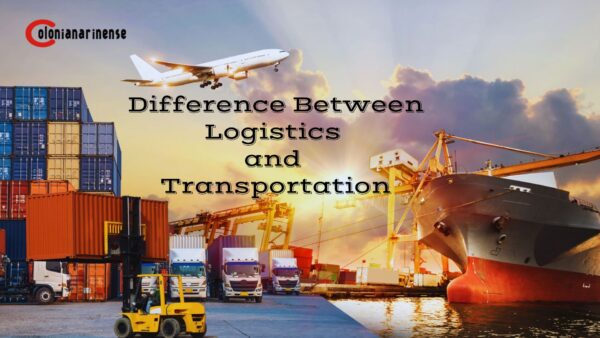At first glance, logistics and transportation might seem like interchangeable terms, but they actually refer to different aspects of moving goods. This post will dive into the key differences between logistics and transportation, so if you’re curious to learn more, keep reading. Let’s get started!
Logistics
Logistics involves more than just getting products from one place to another. It’s about carefully planning every step of the journey. Think of it as organizing a detailed roadmap for your goods. Logistics covers everything from strategizing the best routes to making sure items are stored properly in warehouses and delivered efficiently. It’s all about ensuring the entire process runs smoothly, even when unexpected challenges arise.
Transportation
In simple terms, transportation is one part of the logistics process that focuses specifically on moving goods. It’s the physical act of transporting items, whether by road, rail, air, or sea. Transportation is all about selecting the right mode of delivery to meet speed, cost, and safety requirements. While it plays a crucial role, transportation is just one piece of the broader logistics puzzle.
Key Differences Between Logistics and Transportation
Scope of Operations
Logistics is the entire process of managing the movement of goods from production to delivery. It includes everything from procurement, warehousing, and packaging to final delivery. In contrast, transportation is specifically about how goods are moved, focusing on the best ways to transport items efficiently.
Function
Logistics involves planning and coordination, managing everything from stock levels to delivery schedules, ensuring the right products reach the right people on time. Transportation, on the other hand, is the execution—getting products from point A to point B using the most effective methods.
Technology Use
In logistics, technology helps with big-picture planning, like inventory management and supply chain optimization. It ensures that everything runs smoothly. For transportation, technology is more operational—tracking shipments in real time, mapping the best routes, and monitoring fleet performance.
Cost Management
Logistics looks at costs across the entire supply chain, finding ways to save on storage, inventory, and overall efficiency. Transportation costs, however, focus mainly on fuel, vehicle maintenance, tolls, and other expenses directly tied to moving goods.
Communication
Logistics requires coordination between multiple parties, from suppliers to retailers. Effective communication ensures that all parts of the supply chain are working together seamlessly. Transportation focuses on communication at the operational level—drivers, port authorities, and dispatchers ensuring deliveries happen on time.
Risk Management
In logistics, risk management is about having contingency plans for various issues, such as supply chain disruptions or warehouse problems. Transportation handles the immediate risks of moving goods, like accidents, weather delays, or equipment breakdowns.
Conclusion
Now you should have a clearer understanding of the differences between logistics and transportation. Logistics is the broader process, while transportation is just one important part of it. Both are essential to ensuring goods move efficiently from origin to destination, but they each play distinct roles in the supply chain.



